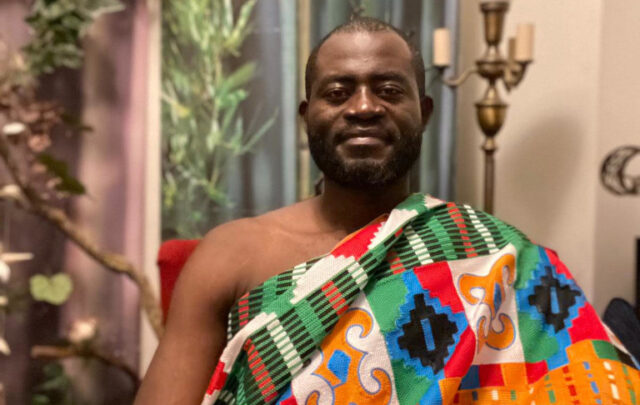 God’s Hotel: A Doctor, a Hospital and a Pilgrimage to the Heart of Medicine.
God’s Hotel: A Doctor, a Hospital and a Pilgrimage to the Heart of Medicine.
Victoria Sweet, M.D.
Riverhead Books. 384 pages. $27.95
A part time doctor and scholar of medieval medicine takes a job at Laguna Honda Hospital in San Francisco. Originally an almshouse it had been a hospital for the poor for over a hundred years and had been largely forgotten by the movement of time (until recent renovations) thus offering a unique place for actual healing in the old school way with head nurses who oversea open wards and patients who are assigned one doctor to take care of them for their entire stay.
In the telling of this story we come to understand what is lost when medicine became compartmentalized per modern health care delivery systems. The author, Victoria Sweet, identifies this lost art as Slow Medicine. One that cuts down on medications by looking at the underlying cause of symptoms rather than just medicating symptoms and side effects. Saves a bundle too.
And then she ads to that her investigation of the teachings of Hildegard of Bingen, a woman doctor of pre-modern medicine who captured in books, that survived to this day, what methods were used to heal before the tools of modern medicine made those methods obsolete. This included intense observation of the patient, a knowledge of the effects of diet, a knowledge of plant medicines and a respect for the healing ability of the body itself once obstructions are removed. There are also the three graces of healing she names—Dr. Diet, Dr. Quiet and Dr. Merryman. This last including play and sex.
The author, having been the eager student of this methodology, then has the opportunity to apply such methods to actual patients at Laguna Honda owing to the unique circumstances of the indigent patients and the hospital itself where up to two years of healing can take place because, well, nothing else is available and the homeless have no need to return to jobs or homes and no relatives are demanding expedient solutions. The stories of these patients give the book its amazing characters and hairy examples of life’s mishaps and healings.
In the genre of memoir, there are plenty of books with terrific material though the authors can barely write, but Victoria Sweet is well matched to her subject. She is articulate, smart and spare in her descriptions, but she manages to describe her own abilities of observation and doctoring with such humility that she gives the impression of being merely a vessel for divine inspiration. Her ability to tell these stories as mysteries that must be unraveled then solved, elevates the book beyond interest in the topic of hospitals, doctors and patients, to illuminating the human condition itself.
I had to wait a bit for my turn to read it, given the number of holds on it at the library, but when it came to me, it was exactly the sustenance I needed to nurture my role as caretaker in our cancer journey, because it showed me that healing happens when the patient is allowed to be understood outside of the demands of those who are healthy.





